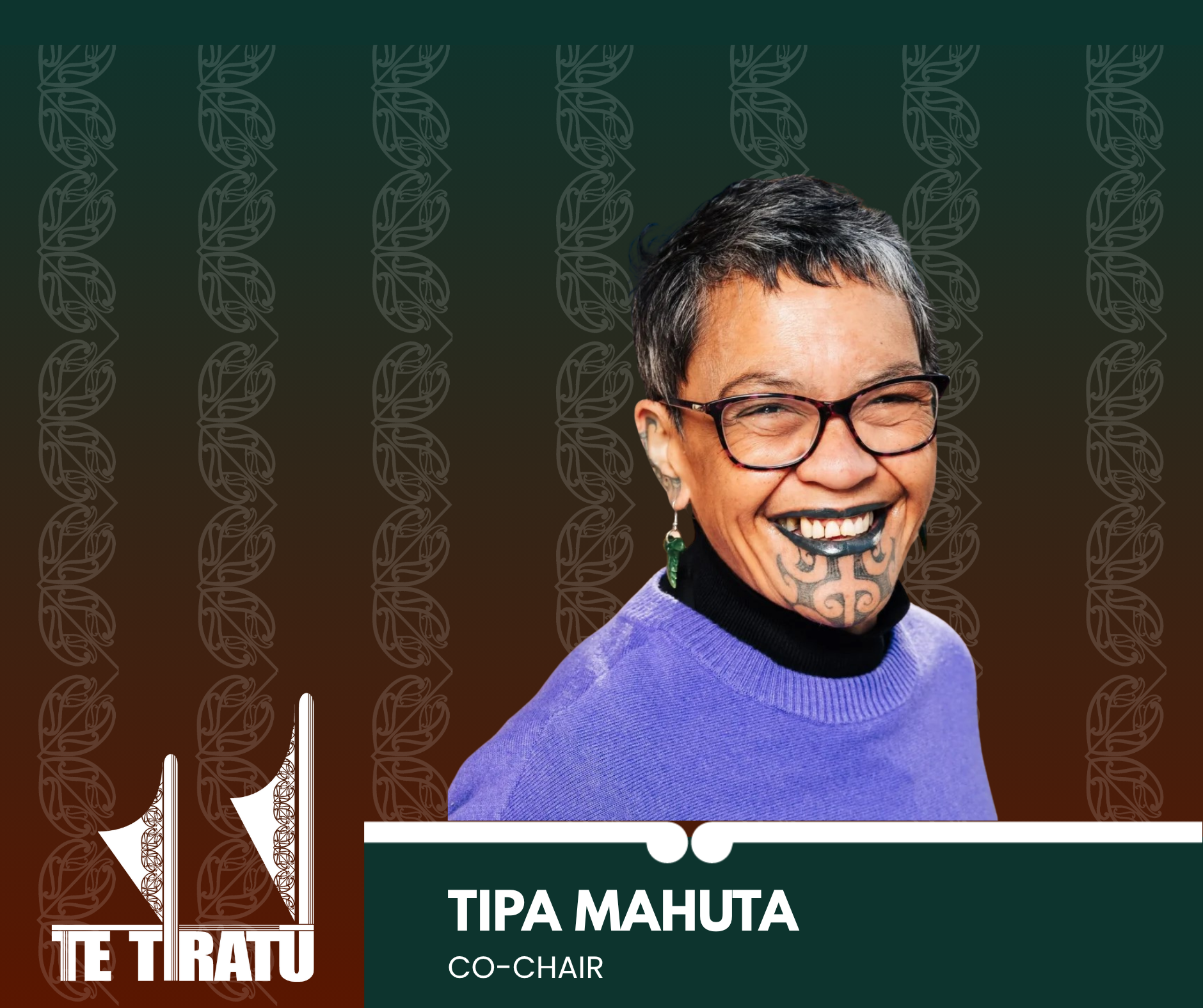MEDIA STATEMENT
FOR IMMEDIATE RELEASE
Friday 27 June 2025, 6:00 PM
2 minutes to Read

Te Tiratū Iwi Māori Partnership Board has released its inaugural Monitoring Report — a 46-page document under Section 30(1) of the Pae Ora Act 2022 that holds a mirror up to the system and asks two urgent questions: Is it working for us? And is it honouring Te Tiriti o Waitangi?
“This isn’t just data,” says Te Tiratū Co-Chair Tipa Mahuta. “It’s a reflection of what our whānau are actually living through every day — and it’s hurting them. The gap between policy promises and real-life outcomes is still too wide. Te Tiriti o Waitangi must be upheld in practice, it’s not a nice to do – it’s a must do.”
“Top of mind for our Board is the toll of cardiovascular, respiratory, and renal disease on our people which is simply devastating. Too many of our whānau are dying from preventable conditions — on average, seven years earlier than anyone else in the country.”
Representing 114,000 whānau across the Tainui waka rohe, Te Tiratū has drawn on lived experience from Whānau Voice surveying in the community, very limited data from Te Whatu Ora Health New Zealand, and legislative benchmarks to track system performance— and the findings are both sobering and clear – equity remains out of reach for too many Māori.
The report evaluates how well the system is delivering based on Te Tiratū’s regional health priorities, the five Government health targets, and Te Whatu Ora Health New Zealand’s statutory obligations under the Pae Ora (Healthy Futures) Act 2022.
It arrives at a pivotal time, as the Crown signals more major changes — including proposed amendments to Pae Ora after the disestablishment of Te Aka Whai Ora Māori Health Authority in its first 100 days.
“What we found in the report is confronting. Despite isolated gains — such as in mental health and addiction services — inequity remains entrenched. Our whānau continue to face multiple barriers to care, including cost, distance, culturally unsafe services, and long wait times,” said Mahuta.
Cancer screening rates for Māori remain far below national targets, and many Māori are missing out on essential primary care. Data is either missing or incomplete across key health areas like immunisation, oral health and long-term conditions — making it nearly impossible to track improvements or hold the system accountable.
The report also highlights that Te Whatu Ora Health New Zealand is falling short on many of its Pae Ora legislative obligations. Authentic iwi partnership in governance and decision-making is minimal or missing altogether.
Hauora Māori providers, while delivering high-trust, culturally grounded services, remain constrained by funding inequities and fragmented, siloed contracting systems.
Te Tiratū has sent the monitoring report to both Te Whatu Ora Health New Zealand and the Hauora Māori Advisory Committee and invited them to use the findings to shape advice to Minister Brown on investment, governance, and policy affecting Māori.
“We’ve seen what’s possible when whānau are listened to and resourced properly — particularly in areas like renewing the successful childhood immunisation programme run by Māori providers,” Mahuta said.
“Now we need to scale that success. We remain committed to advocating for a health system that is fair, accessible, and equitable — one that reflects the rights, needs and aspirations of our people.”